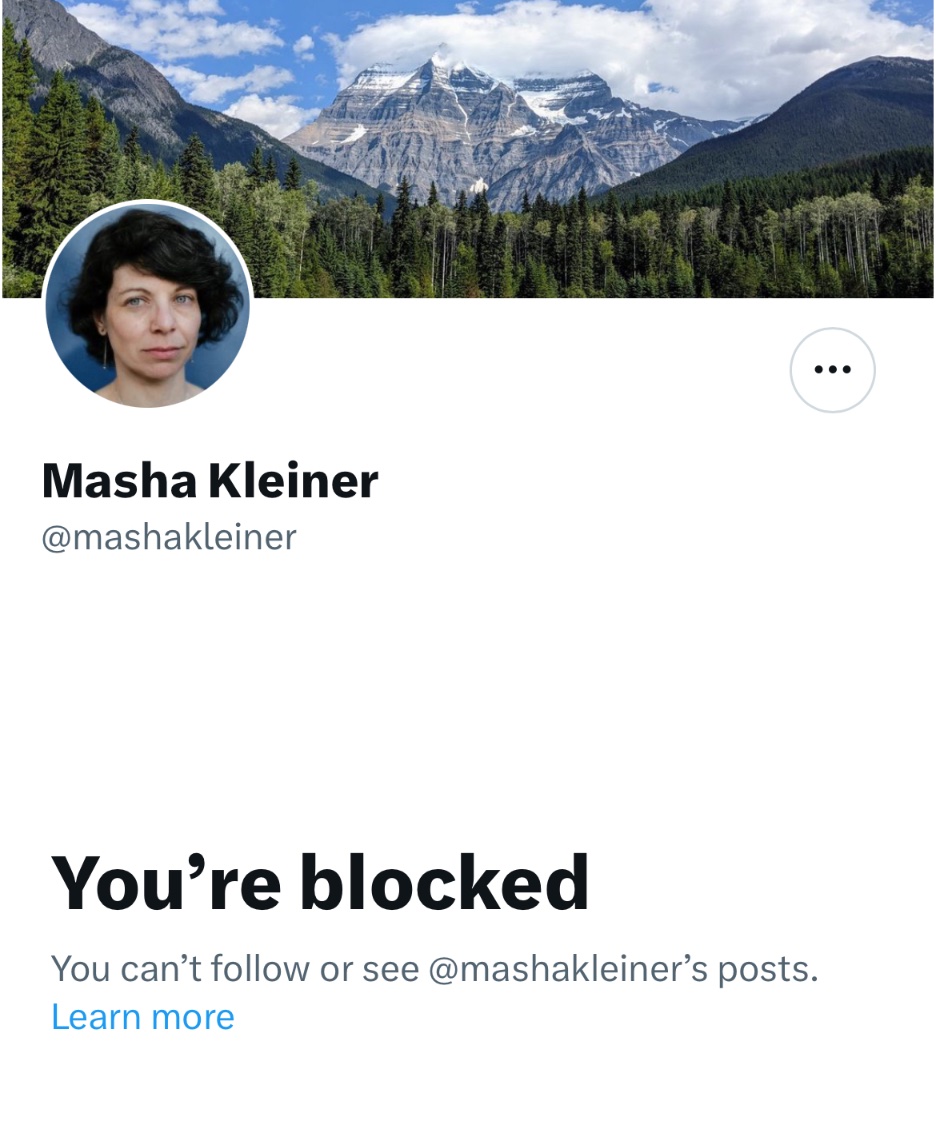These are good suggestions. I have a few more. 1/
#publicpedagogy
#publicpedagogy
https://twitter.com/joshua_r_eyler/status/1296827818576355333
Build a routine where what you presented in lecture-style form will be deepened in an upcoming activity. It’s a good way to prune your lecture ahead of time, too: how will this feed into students doing something with what you’re lecturing on? 2/
When you then orient them to breakout room discussion, make the discussion questions more outcome-oriented than you would in a face-to-face class. What are they meant to practice? Where can this analysis lead them? What productive thing can be done with this material? 3/
Make it even more hands-on by asking breakout groups to produce something. My preference is always notes because practicing note-taking is an essential part of #writingstudies teaching. I have a Google doc that I use as a white board for breakout groups. 4/
It’s always the same doc—routine is key, students being able to come back to the one place and find what they’re looking for is crucial for online teaching. I leave it be until just before the next class—some students go in after the synchronous session to fix their own notes. 5/
Like a whiteboard, I clean it before the next synchronous class and put new instructions in for that day’s activity. But before I clean it, I save it and post it as notes on the LMS. It’s a useful record. The notes get more elaborate when students know what use they can be. 6/
Another #writingstudies go-to: when you ask students a question during the full class, ask it so they can write a sentence as a response. Tell them to take 2min to write that sentence and then paste it in the chat when you ask them to. 7/
Polls have so far not made much sense to me. I teach smaller classes, the polls are a lot of work to set up for just a short moment of engagement, and my courses don’t work much with quantitative material. 8/
More so than in face-to-face classes I’ve paid attention to how every element of the course is integrating and working together with other elements. We can’t count on the pleasure of being in each other’s physical company to help tie disparate elements together. 9/
I don’t want students to roll their eyes about “do this!,” “do that next!,” “now do this other thing!” Everything should string together in a meaningful way. I should be able to explain the overarching meaning. I can’t with polls. Or, not in most courses I teach right now. 10/
It might change. My bigger point: you are still a disciplinary teacher. You are not a puppeteer who for unsaid reasons must use all the marionette’s strings all the time. Venture into new tools and new ways of using them, but do so in a way that integrates with your teaching. 11/
• • •
Missing some Tweet in this thread? You can try to
force a refresh





